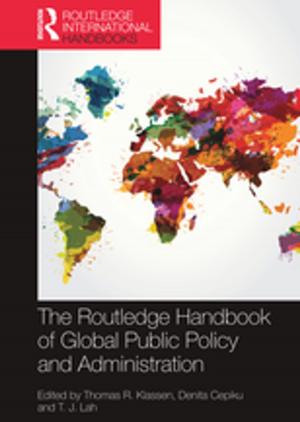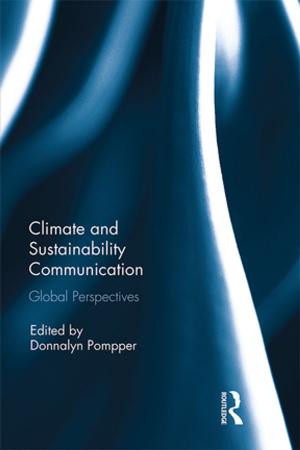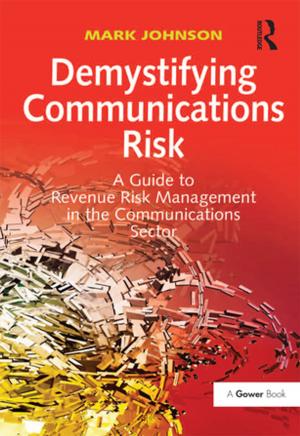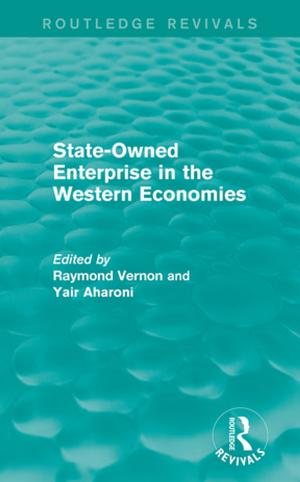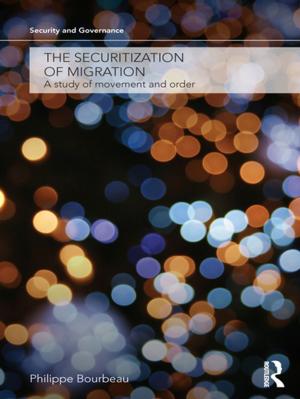The Common Agricultural Policy
Policy Dynamics in a Changing Context
Business & Finance, Economics, International Economics, Industries & Professions, Industries, Nonfiction, Social & Cultural Studies, Political Science| Author: | ISBN: | 9781317988526 | |
| Publisher: | Taylor and Francis | Publication: | September 13, 2013 |
| Imprint: | Routledge | Language: | English |
| Author: | |
| ISBN: | 9781317988526 |
| Publisher: | Taylor and Francis |
| Publication: | September 13, 2013 |
| Imprint: | Routledge |
| Language: | English |
The Common Agricultural Policy (CAP) is a unique agricultural policy worldwide. For many years, its status as the only common European Community (EC) policy governed by EC institutions put it at the heart of European integration. Today the CAP is not the only common European Union (EU) policy. Even while it remains the sole instance of a regionally integrated agricultural policy, the CAP no longer embodies the same degree of cross-national harmonization of agricultural policy among EC/EU member states that it once did.
The CAP has undergone policy reforms in the past two decades and these reforms have spawned a host of questions. What has caused the CAP to reform? How path-breaking are CAP reforms? Are they consistent with founding CAP goals or do they encompass new ideas about agriculture’s place in the economy and society? And what are the consequences of agricultural policy reforms: for European farmers, consumers and taxpayers; for European ‘public goods’ such as environmental sustainability and preservation of rural communities and landscapes; and for third parties outside the EU, including the WTO?
This book was published as a special issue of the Journal of European Integration.
The Common Agricultural Policy (CAP) is a unique agricultural policy worldwide. For many years, its status as the only common European Community (EC) policy governed by EC institutions put it at the heart of European integration. Today the CAP is not the only common European Union (EU) policy. Even while it remains the sole instance of a regionally integrated agricultural policy, the CAP no longer embodies the same degree of cross-national harmonization of agricultural policy among EC/EU member states that it once did.
The CAP has undergone policy reforms in the past two decades and these reforms have spawned a host of questions. What has caused the CAP to reform? How path-breaking are CAP reforms? Are they consistent with founding CAP goals or do they encompass new ideas about agriculture’s place in the economy and society? And what are the consequences of agricultural policy reforms: for European farmers, consumers and taxpayers; for European ‘public goods’ such as environmental sustainability and preservation of rural communities and landscapes; and for third parties outside the EU, including the WTO?
This book was published as a special issue of the Journal of European Integration.

